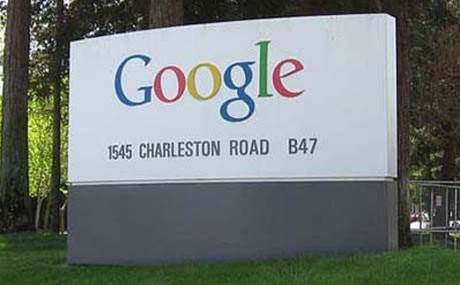Search giant Google has released its TensorFlow machine learning system as open source, making it free to use in the hope that users will further develop and extend the tool.

Google senior research fellow Jeff Dean and technical lead Rajat Monga said in a blog post that TensorFlow is the second generation machine learning system in production, following its earlier DistBelief infrastructure.
DistBelief was difficult to configure, narrowly targeted neural networks and was tightly coupled to Google internal infrastructure, which made it almost impossible to share research code, the researchers said.
By comparison, TensorFlow is fully open source, easy to use, flexible and, on some benchmarks, twice as fast as DistBelief.
TensorFlow was developed by Google's Brain Team, and runs on Android, as well as on Apple's iOS and Mac OS X operating systems. The name refers to multi-dimensional data arrays, or tensors.
Monga and Dean said TensorFlow can be used for both research and production purposes, running on multicore desktop graphical processing units, CPUs, as well as mobile devices.
The machine learning system is released as a standalone library for numerical computation with tools, tutorials and examples, built around a backend written in the C++ programming language. It uses a front-end written in Python that interfaces with scientific visualisation tools.
Google hopes developers will contribute simplified wrapper and interface generators in other languages as well, including Go, Lua, Javascript and R.
Although Monga and Dean said TensorFlow is production ready, Vincent Vanhoucke of the Google Brain team warned "it's still very early days and there are a ton of rough edges to be ironed out".
Among the Google products developed with TensorFlow is RankBrain, an artificial intelligence and machine learning system used to improve the results of ambiguous and difficult search queries, Dean and Monga said.
The company also used Tensorflow to create the Smart Reply neural network auto-respond feature for its Inbox mobile email client.
Google is planning on releasing its complete ImageNet computer vision visual recognition model for TensorFlow.
TensorFlow is released under the Apache Software Foundation 2.0 license making it free to use, redistribute and to create derivative works from without copyright and patent issues.




_(28).jpg&h=140&w=231&c=1&s=0)
_(33).jpg&h=140&w=231&c=1&s=0)






 iTnews Executive Retreat - Security Leaders Edition
iTnews Executive Retreat - Security Leaders Edition
 iTnews Benchmark Awards 2026
iTnews Benchmark Awards 2026
 iTnews Cloud Covered Breakfast Summit
iTnews Cloud Covered Breakfast Summit
 The 2026 iAwards
The 2026 iAwards












_(1).jpg&h=140&w=231&c=1&s=0)



